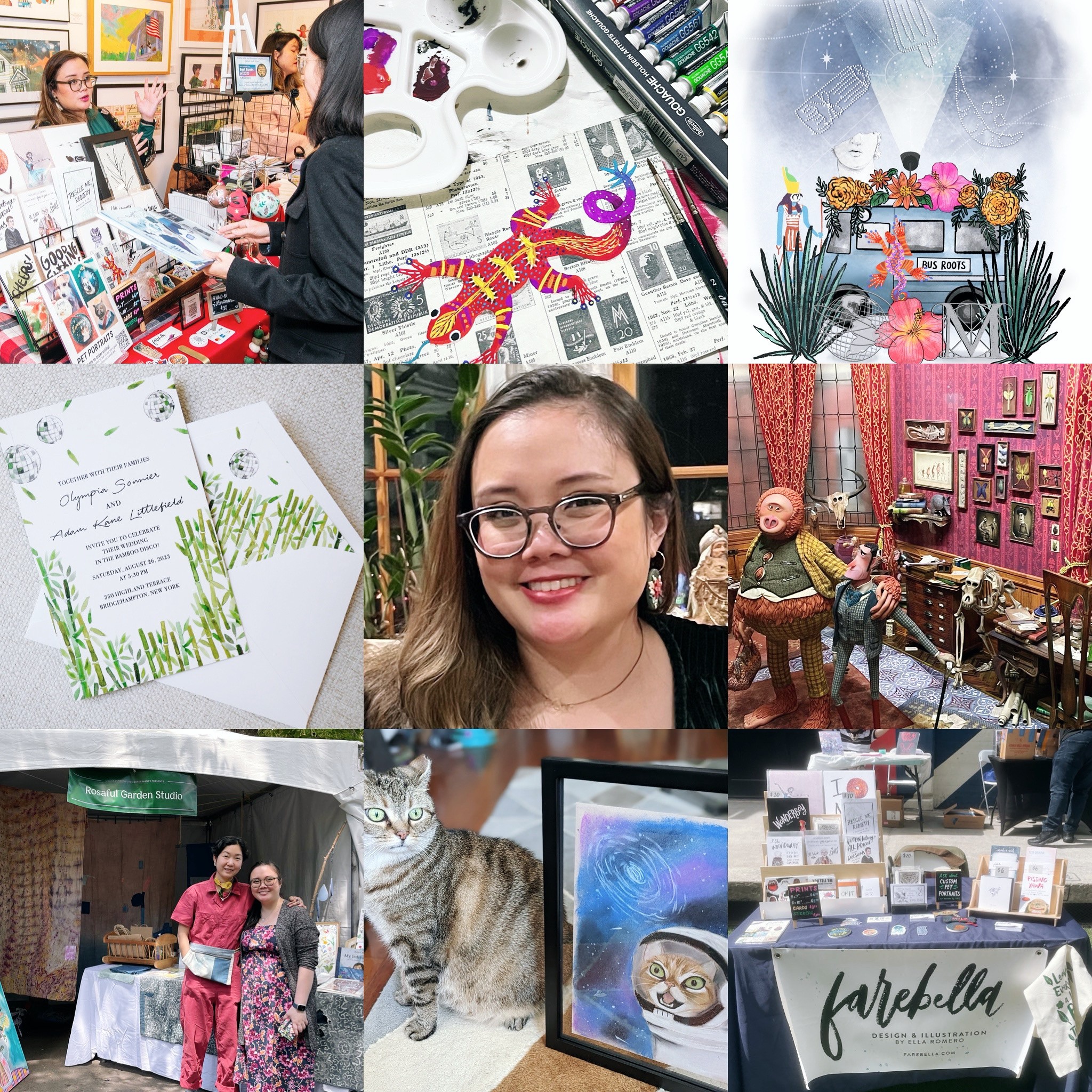Alright – so today we’ve got the honor of introducing you to Ella Romero. We think you’ll enjoy our conversation, we’ve shared it below.
Ella, thanks for taking the time to share your stories with us today Can you open up about a risk you’ve taken – what it was like taking that risk, why you took the risk and how it turned out?
I have always struggled with Impostor Syndrome. Despite having “been artistic” all my life, when it came to achieving the “legitimization” that I thought came with having an art degree, I fell short. I had enjoyed attention and encouragement growing up, academically and in extracurriculars, and I guess I got cocky…and when I did not end up on the artistic degree path I assumed I would take, I felt like I wasn’t good enough. Making art became a hobby, something I did on the side, for “fun”, for a little extra cash while I worked towards “real” jobs in administration or academia.
It wasn’t long before I realized administration, gallery or museum staff, and academia were all not for me. I felt stifled and like I was hiding something that I was always thinking about, had regrets about, had resentments about. I worked retail, learned to talk to strangers, adapt to circumstances that were once awkward and uncomfortable to me, and grew up a bit.
It wasn’t until I landed a creative job on my very own merit (through cold calling!) that I started to feel like maybe I could actually do something artistic as my “real job”. I worked at a stationery store doing wedding invitations, first starting as a sales consultant, then moving through the small independent business in whatever way I was useful, learning client and project management, sales tactics and approaches, how to sell my own work and make it relevant to the needs of our customers, and eventually managing our small but mighty art department. For a tiny store in Brooklyn, we had a reputation for our out-of-the-box designs, illustrations, and customer service. I still consider five of my coworkers there, all artists in their own right but also having gotten there through just needing to make ends meet somehow, some of my best, most intimate friends and supporters.
While at the stationery store I experienced some personal revelations and changes that made me seriously consider going back to school. I had some pressure from my family to get a master’s degree; in what, I had no idea, so I pushed it away and didn’t take the prospect seriously. What could I do to earn a degree like that? What skills did I have that would set me apart or deem me worthy to be among talented, successful artists? I only had a measly BA in Art History, what business did I have applying to art school way after college when other people had at that point already interned, trained, and achieved a certain level of success within the art world?
I found a MFA program that spoke to me at a volume I couldn’t ignore. But boy, did I try. I attended a total of three information sessions over two years, postponing working on the application, fretting over what to show, what to develop, and if I should even bother. I submitted the application at 3AM on the day it was due, thinking I had somehow maybe managed to scrounge together some semblance of a coherent pitch about myself and my desire to make art and tell stories. When the department chair told me personally that I was in, I cried on the street after leaving the building. What followed was two years of the most exhilarating, challenging, back-breaking, body-destroying, mentally exhausting work I have done. Two years of doing what still felt like playing hooky from “real work”, of continuing to feel like I was tricking people by being there, of learning to act IN SPITE of my fears and insecurities, instead of not even trying. I met some of the most influential, supportive, fascinating people I know, and now can call friends and mentors. I achieved things I had no idea I was capable of, and learned that what I thought was my weird, weak, incoherent voice was actually something that people wanted to hear more of, again and again. Not only did I grow as an artist, but I went through an extreme phase of development as a person, a leader, a woman, a child of immigrants, a storyteller whose work was necessary and deserving of celebration.
I still struggle with Impostor Syndrome, and questioning whether I am good enough or strong enough, every day. But every experience I have had, no matter how long it took me to have it or get through it, has made me the human and the artist and storyteller that I am today. I’m still figuring a lot out, and I need a lot of help. But the support system, the peers, the established artists I admired and who have said many times now that they admire me as well, all of it manages to keep me going and trying to create and use my voice however I can. I say I feel like I’ve lived ten lives, that people who knew me ten years ago wouldn’t recognize me now. But also, I feel that every year, through every struggle and achievement, and every moment of self-doubt, I am only growing more and more into the person I truly am meant to be.
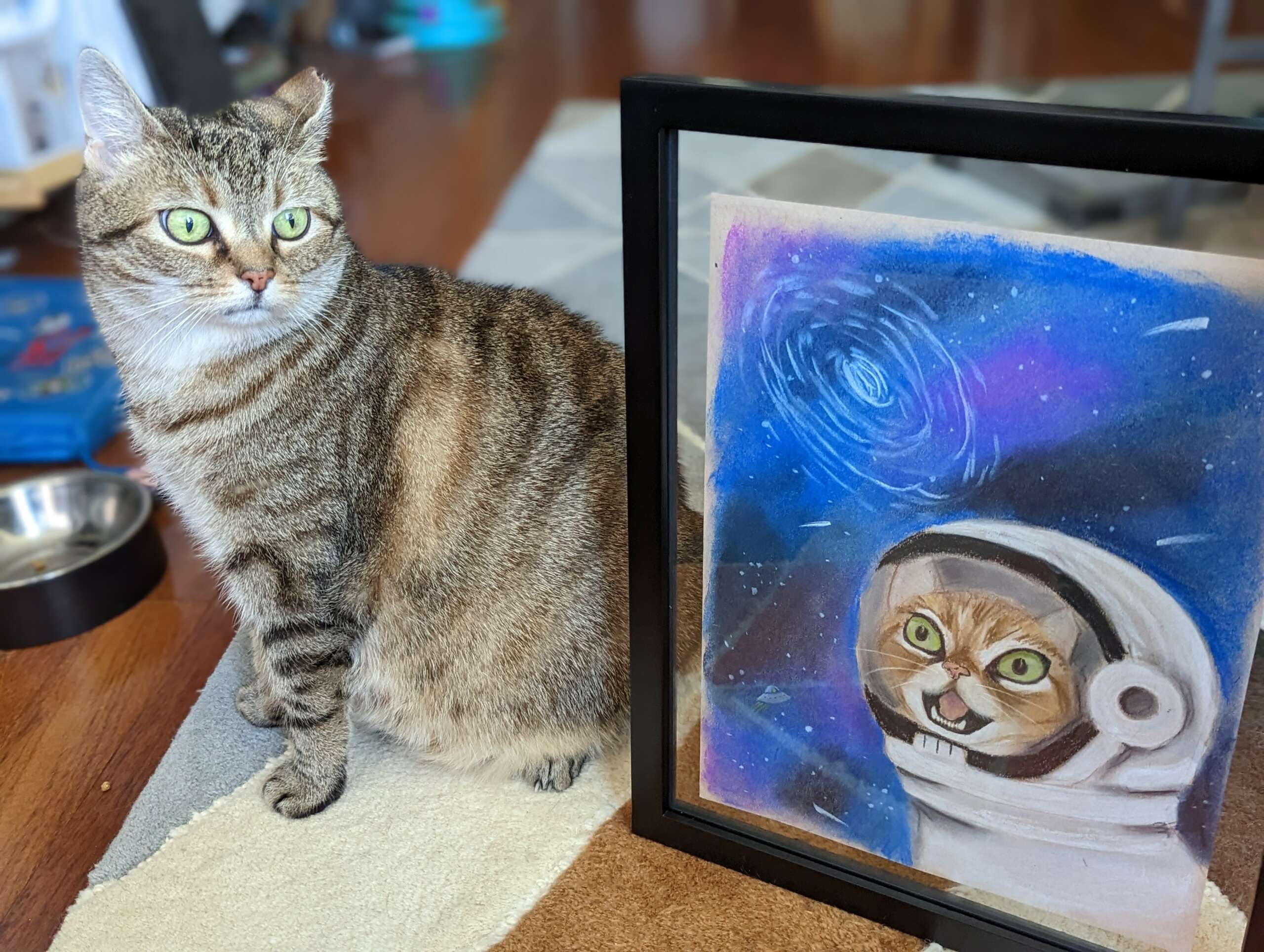
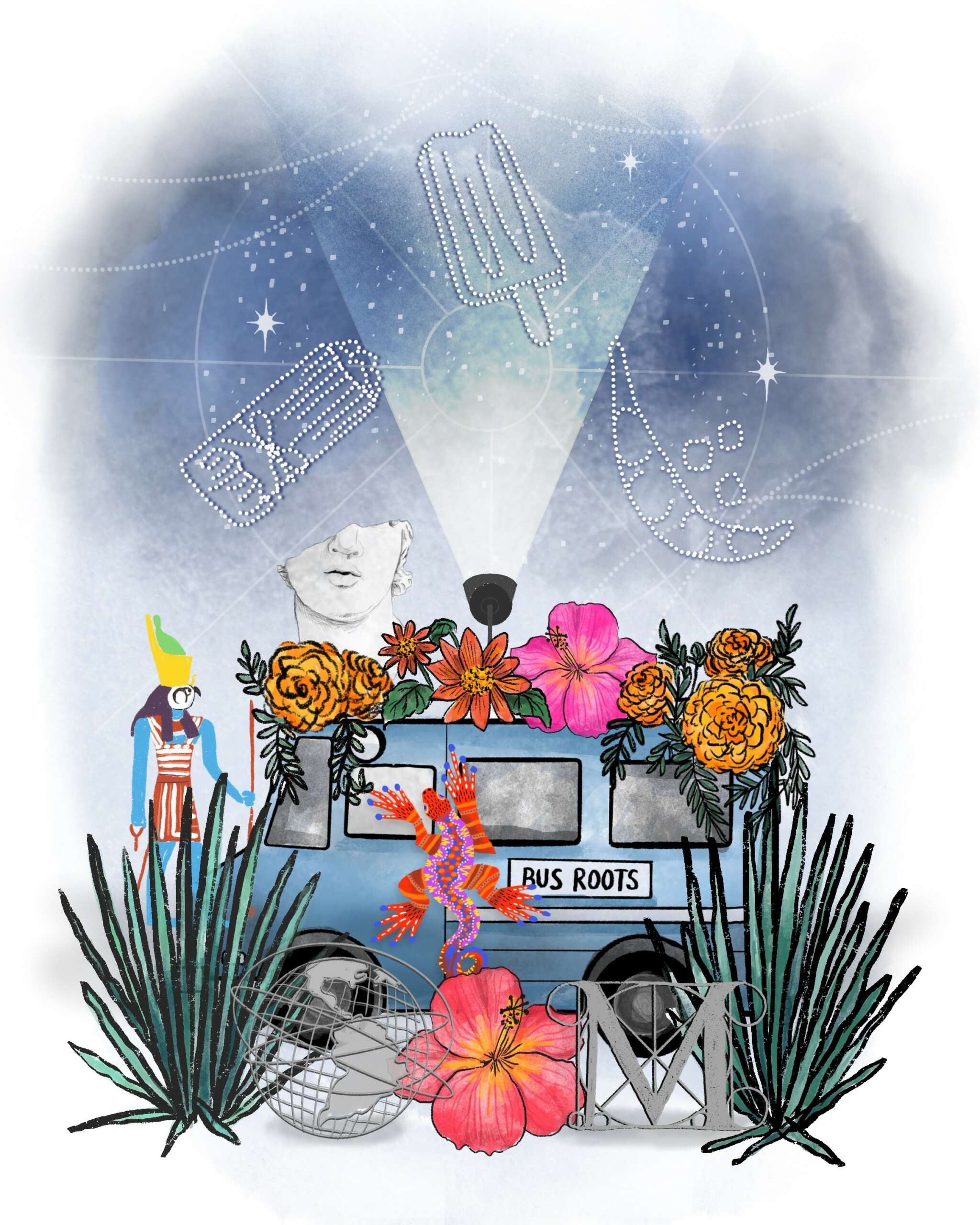
As always, we appreciate you sharing your insights and we’ve got a few more questions for you, but before we get to all of that can you take a minute to introduce yourself and give our readers some of your back background and context?
Even I cannot doubt that I have always, always been an artist and writer. Telling stories, experiencing stories, it was all I wanted to do when left to my own devices and given any sort of freedom or opportunity. I was obsessed with books, art supplies, paper, and imagination, and I was lucky to have a family who tried their best, despite not really understanding what I was doing or why, to support me and help me learn.
Even while working in retail in college as an hourly, minimum wage kid, I took any opportunity I could to make art. I trawled Craigslist for graphic design gigs, volunteered to make posters and signage and visual displays for the stores I worked in, and despite my insecurities built a reputation for myself as a creator with a variety of skills and interests. This eventually got me into the stationery industry, where I still had elements of retail work but also grew immensely as an art director, illustrator, calligrapher, and graphic designer, doing wedding invitations and custom projects for print. I worked this job through graduate school at the School of Visual Arts in NYC, a candidate for the MFA in Visual Narrative who not only continued to do traditional and digital illustration, hand lettering, and graphic design, but also experimented in sculpture, animation, acting, and photography, among other things. I definitely identify as a Jack-of-all-trades, and sometimes worry that my wide variety of experiences and interests makes me look too scattered, but the projects and people I care most about are the ones that involve as many twists and turns and opportunities for variety as possible.
I had a brief stint with J.Crew learning CAD and pattern design for clothing, and I now work as a textile designer for a home decor company, which made me adapt my illustration, design, and project management skills to product development, pattern and print making, technical and production knowledge, and the ownership of an entire product category from development to actual in-store products on a national scale. I have designed for women’s, men’s, and children’s apparel, kitchen linens, table linens, bath linens, dinnerware, furniture, bath hard goods, and pet bedding.
I still do illustration, calligraphy, and graphic design as my own freelance side hustle under the name Farebella Design, as well as participating in the occasional independent comics showcase, which is the outlet for my writing and storytelling for now as I navigate a corporate job to make ends meet. I was privileged to have been one of under 40 independent artists invited to be in the Society of Illustrators’ very first Holiday Craft Fair this past winter. People now come to me for my style, my sense of humor, my choice of words, my frankness, and my immense love for the absurd. Currently I am working on making my first dollhouse-scale full miniature room mostly from scratch, which will eventually be an abandoned, overgrown nursery made of balsa wood and a lot of craft glue. Whether it’s drawing a map of a private Massachusetts beach community for a high school classmate’s preppy summer wedding, or writing about the bloody, headless demon I just learned about in Filipino folklore, I want to tell stories – other’s people’s, my own, universal ones – the ways I do best.
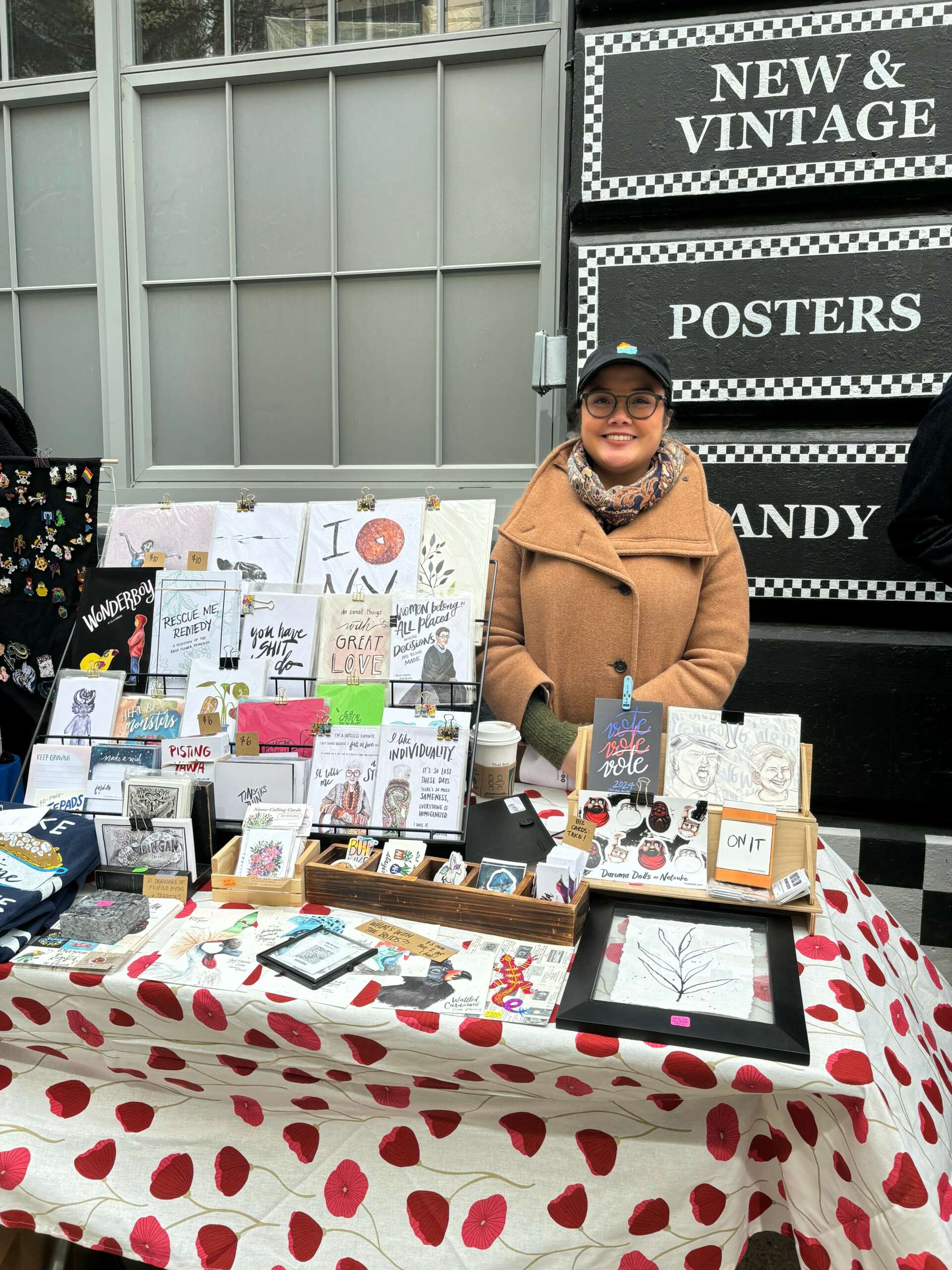
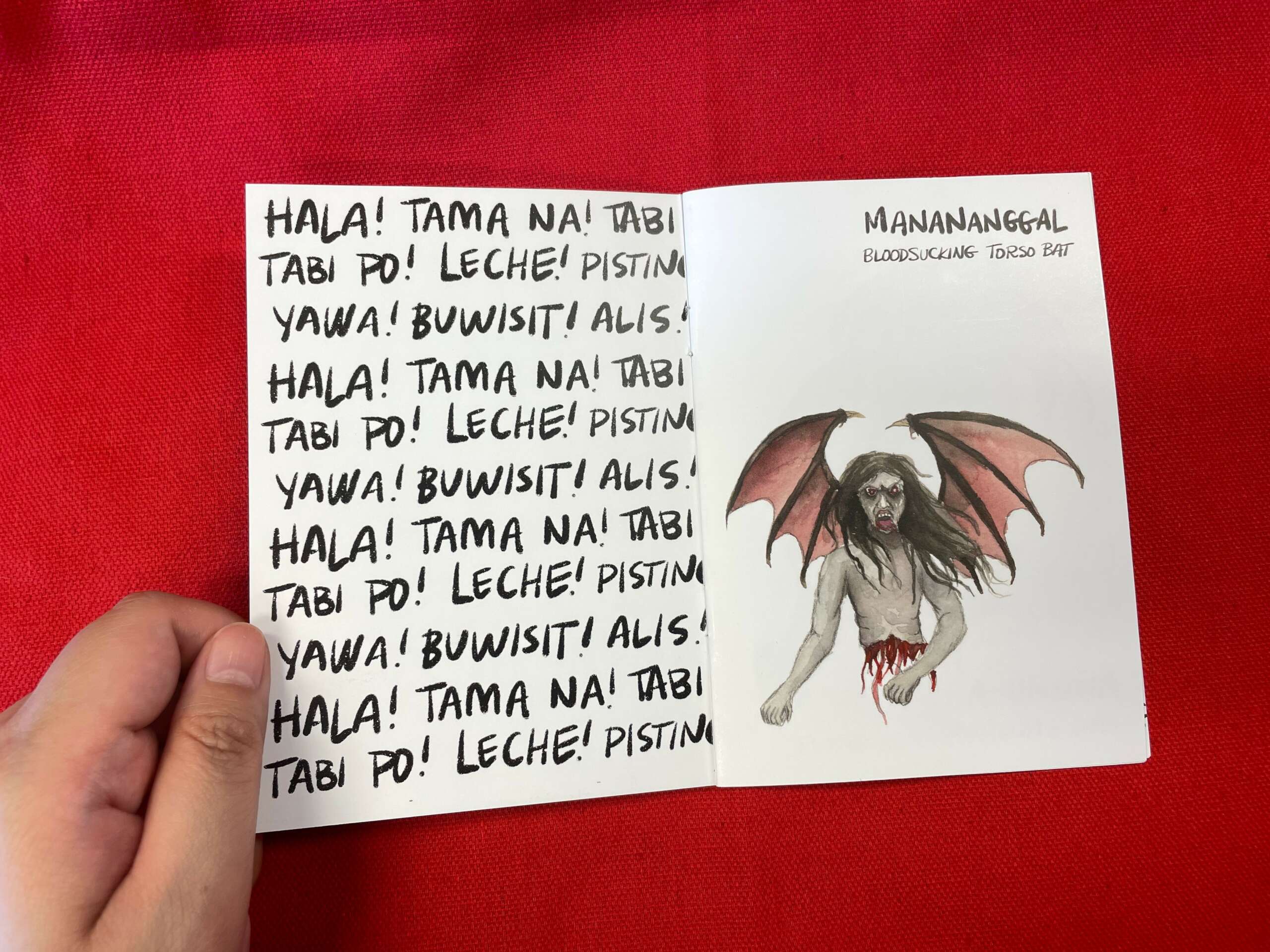
Is there something you think non-creatives will struggle to understand about your journey as a creative? Maybe you can provide some insight – you never know who might benefit from the enlightenment.
Storytelling has become quite the buzzword lately, and it’s amazing to me to think that people still are quick to brush it off as something frivolous or just a hobby, when it literally permeates almost everything we do every day in a modern society. Besides the inadequacy that I can feel about myself for my own personal reasons, there are people out there who are always ready to belittle, criticize, and condemn what I believe are fundamental human desires and needs: to tell and hear stories.
Storytelling drives whole industries: obviously creative ones like film, television, writing, and visual or performance art, but also marketing and advertising, retail, engineering, farming, the education system, you name it. Humans record and tell and remember stories for a variety of reasons ranging from entertaining to necessary for literal survival. Every ad you see telling you to buy something is telling you a story of how much better your life will be when you buy the product. Research and scientific studies delve into and explore theories and anomalies in the natural world, human mind, economic systems, the psychology of criminals, all to record and learn from what they experience and witness so better decisions can be made in the future. Knowledge is passed on through the creation of visual aids, signage, architecture, everyday product design, and more. When people scoff at designers and artists, thinking their little doodles and fancy words are simply entertaining or a waste of time, they fail to realize how much of the world as they know it was created and DESIGNED to be livable and safe and possible. The CFO’s expensive, ergonomic desk chair would crumble when he sat down if engineers and designers did not make it functional. People would be unaware of dangers and directions without carefully chosen and DESIGNED colors, typefaces, and spaces. Even guests at a wedding would show up completely misinformed if the invitation they received was an email with the same fonts they use at work, and the event itself is black tie. It’s not just frivolity and personal taste – design and storytelling are matters of societal functionality and survival. Think about it the next time you are at the grocery store or at a hotel conference, or get to a destination safely in your moving hunk of metal speeding down asphalt and concrete roads.
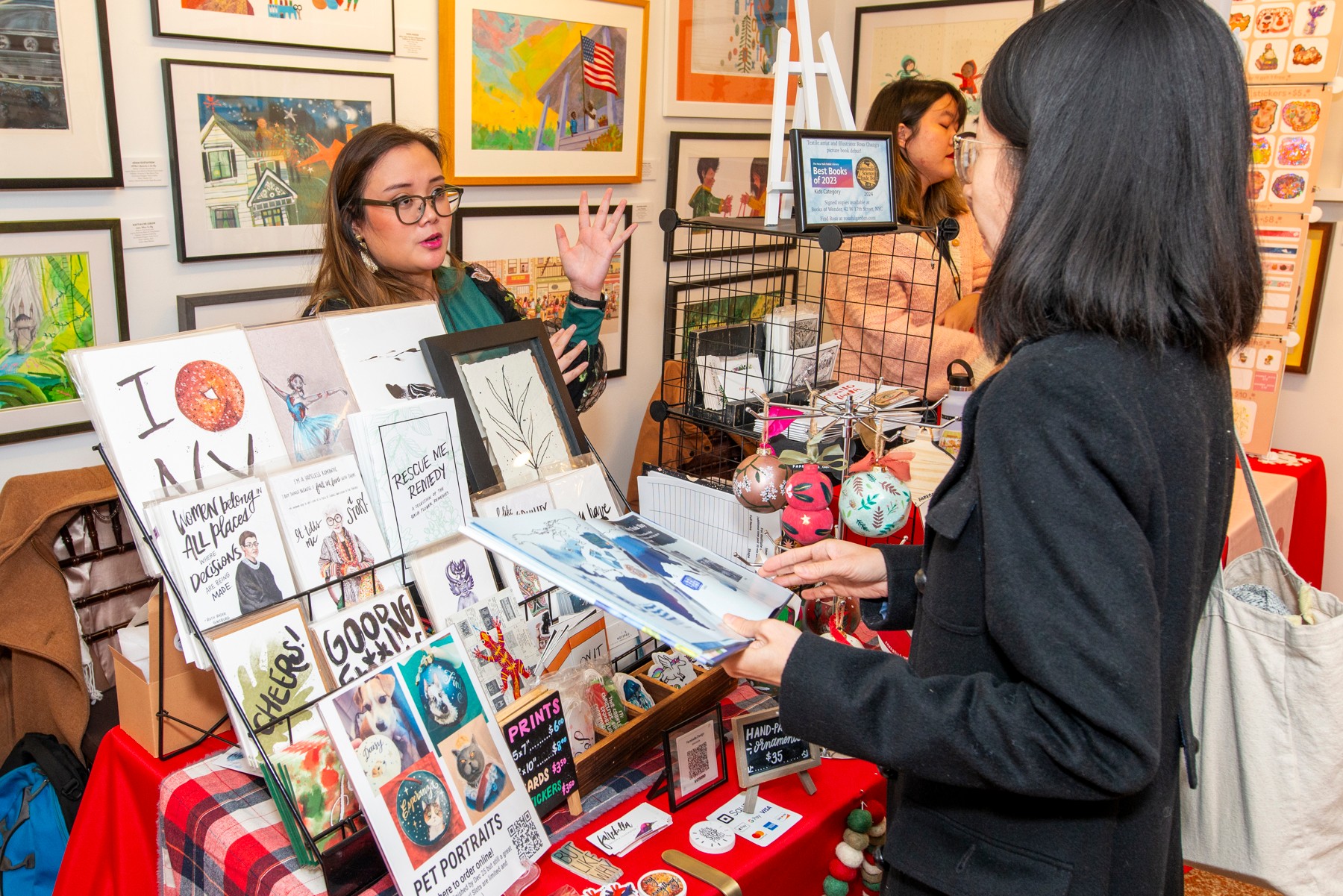
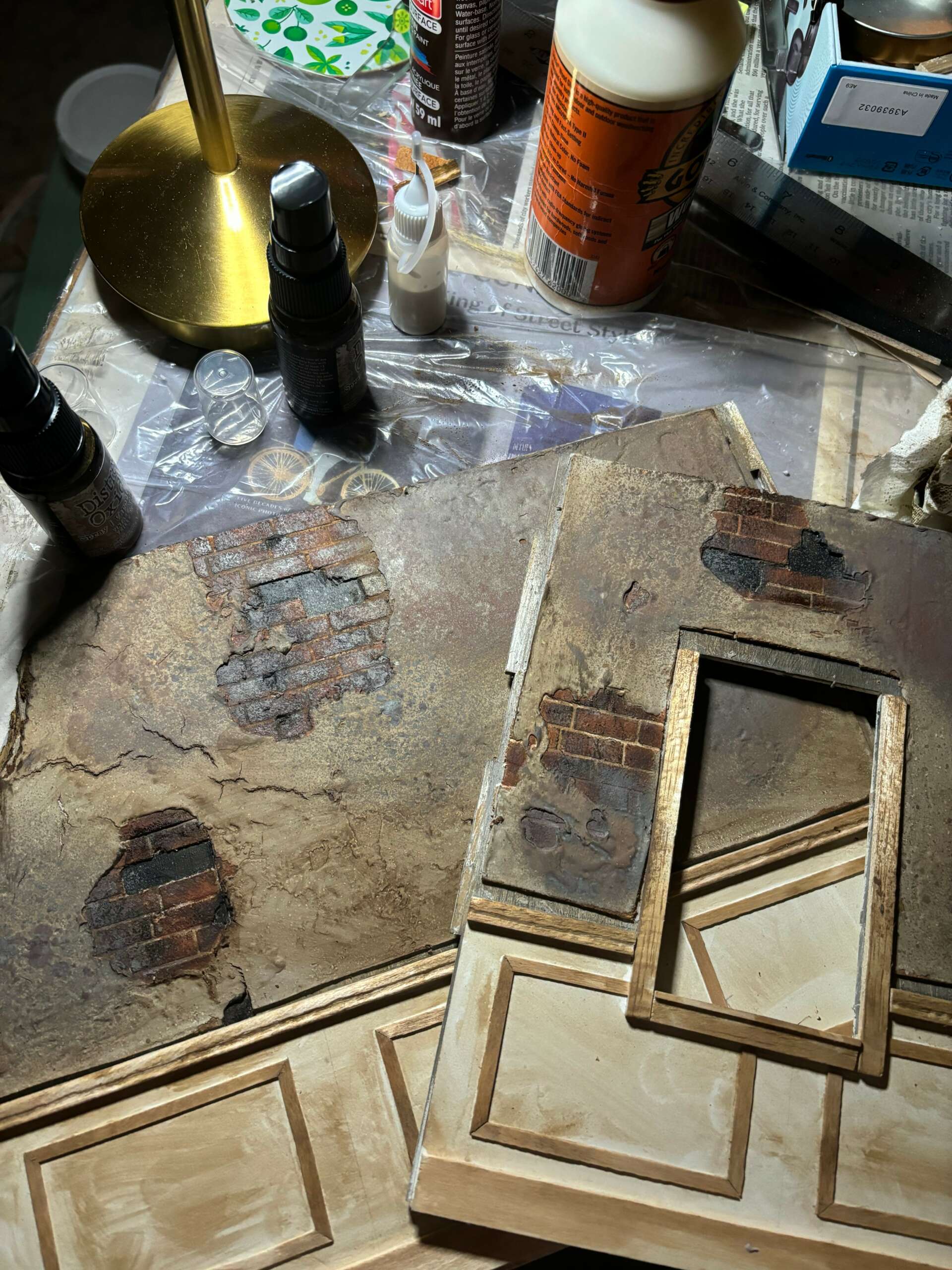
For you, what’s the most rewarding aspect of being a creative?
One of the best feelings is to have someone who has seen or read your work come up to you or message you and say how much they related to it and saw themselves and their own experiences in yours. The universality of some stories and images is really astounding, and it’s very humbling to find out that you’ve touched a stranger simply by making something that you thought was for yourself or for a very specific reason. The reach that work is now awarded, especially with social media and the Internet, can be so much further than you ever expect, and one thing people really want is not to feel alone all the time. By writing or drawing the things I find weird or painful or amusing, I am reaching out to others without necessarily knowing it, inviting them to feel what I am feeling or learn something along with me. The abilities artists and creatives have to make things that people in all walks and stages of life can participate in, and relate to, are truly gifts. The inspiration and knowledge that come from experiencing the work of others impacts our lives in ways we may not ever acknowledge consciously, not to mention the stories and works that stay front and center in our personalities and interests, like favorite childhood movies or what happened to a previous coworker who made that mistake. When someone relates to something or learns something new from me, the thrill and excitement and humbling feelings never wane.
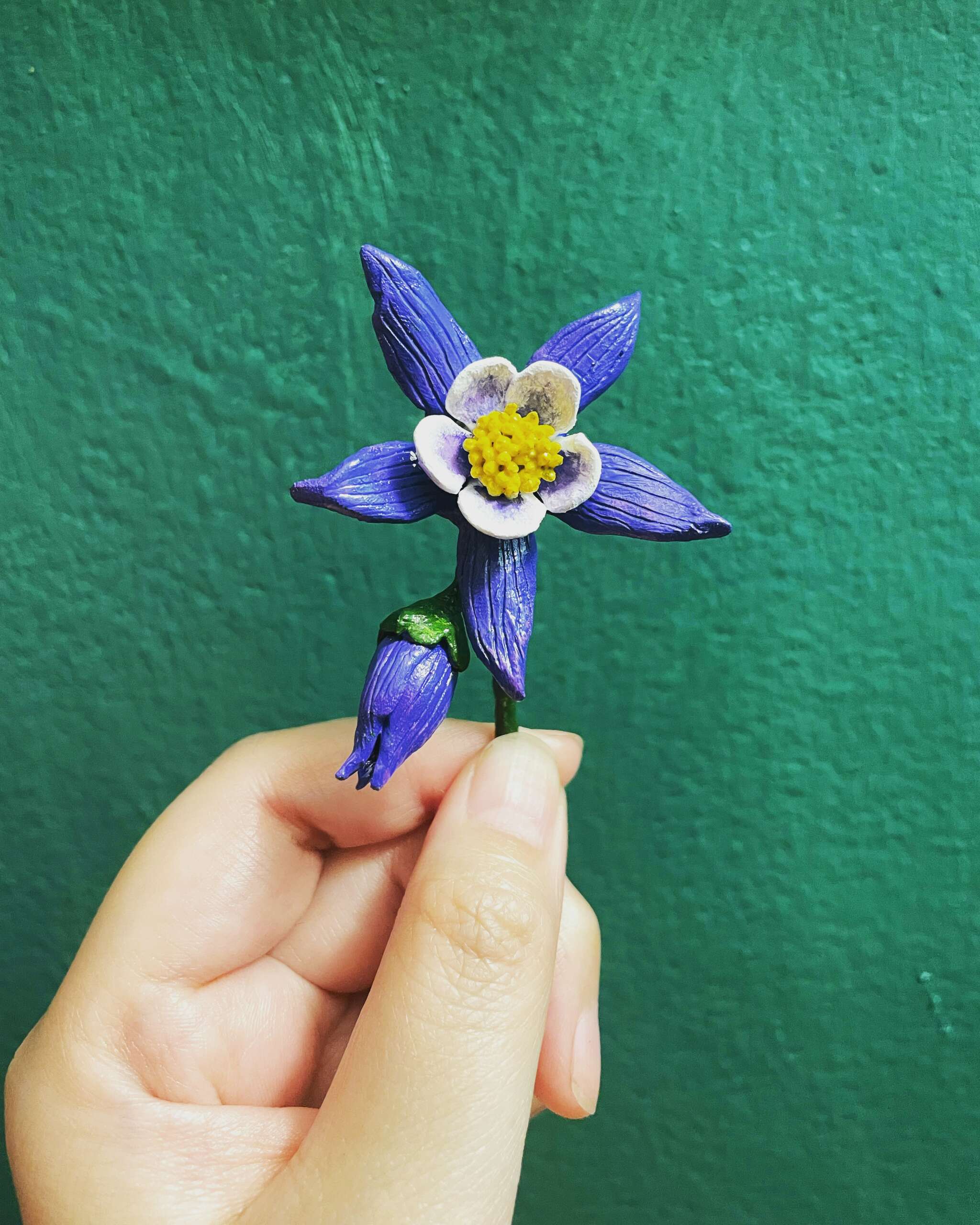
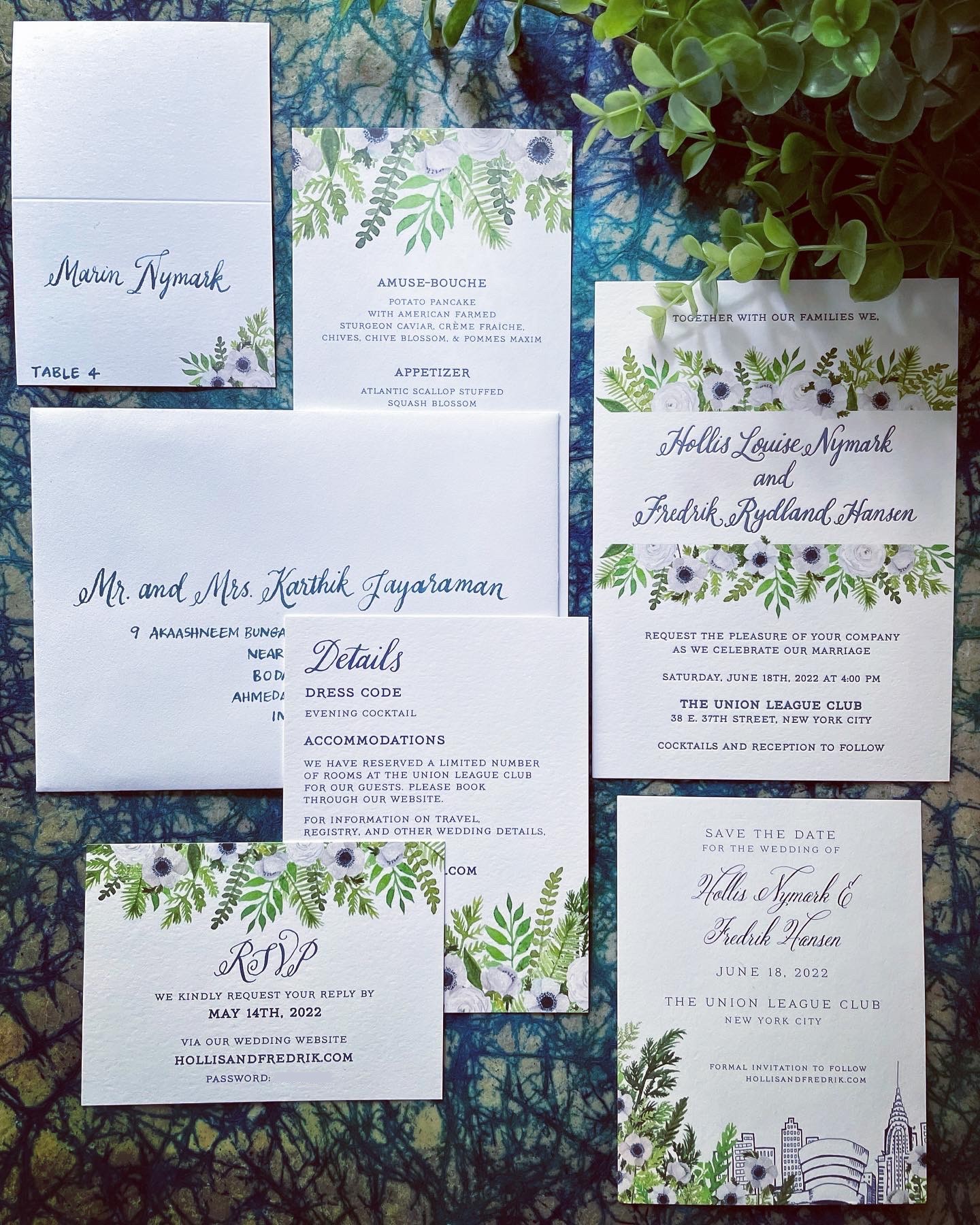
Contact Info:
- Website: http://www.farebella.com
- Instagram: @farebella
- Linkedin: http://www.linkedin.com/in/ellaromero
- Other: Farebella Design is on Google Businesses. Email is [email protected]


